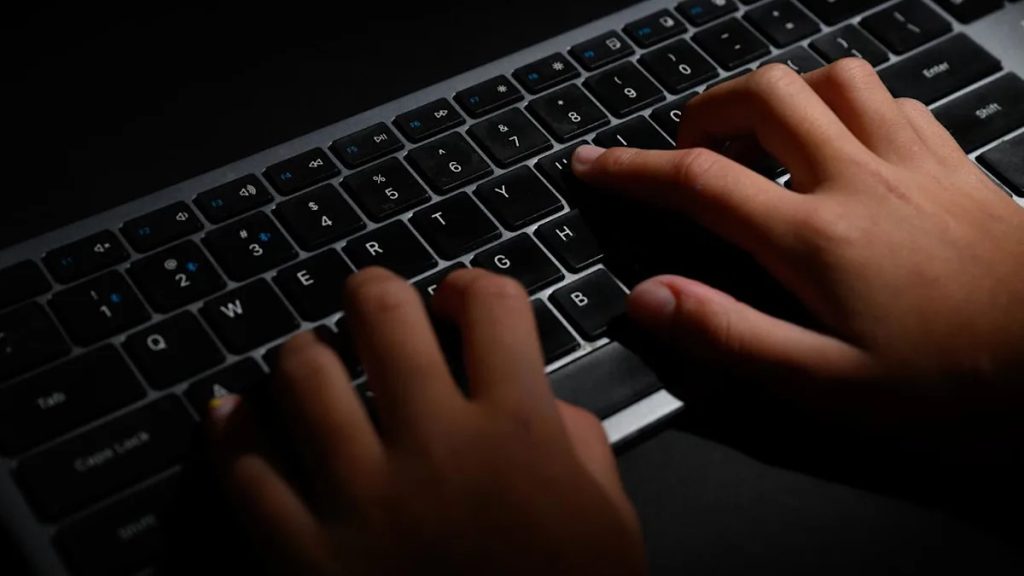Listen to the article
Australia Escapes Foreign Interference in 2025 Election, But AI Threats Loom for Future
Australia’s 2025 federal election was free from foreign interference, according to the Electoral Integrity Assurance Taskforce, but experts warn that artificial intelligence poses significant threats to future electoral processes.
The taskforce, comprising representatives from the electoral commission, law enforcement and government departments, found no evidence of foreign actors attempting to manipulate the recent election results. However, advocacy organization Global Shield Australia has identified emerging risks that could threaten future polls.
Devon Whittle, director of Global Shield Australia, told a parliamentary inquiry on Friday that AI systems could potentially be “poisoned” with relatively minimal effort. He cited research showing that just 250 documents in a dataset of more than 16 billion parameters were sufficient to influence the outcome of a large language model—the software that helps AI systems process instructions and generate responses.
“Russia had seeded Australia-specific content across the internet in an attempt to influence these AI models, but it didn’t seem to have a direct effect in Australia,” Whittle explained. “But we can certainly see that this could be an issue in the future around either poisoning these large language models, or more direct campaigns around deepfakes and misinformation on social media.”
Deepfakes—digitally altered media that make it appear as if someone said or did something they didn’t—represent a growing concern. Whittle pointed to a Romanian election that had to be re-run in 2024 following a Russian influence campaign utilizing deepfakes.
“You can easily imagine if the electoral system is so undermined by these campaigns, we may have to re-run events,” he cautioned.
The inquiry also heard concerns about foreign actors operating in the “offseason” between elections, systematically attempting to undermine social cohesion by spreading misinformation and disinformation. These efforts typically intensify during actual election campaigns.
Industry experts recommend several countermeasures to combat these emerging threats. These include greater transparency about high-risk AI systems, watermarking of AI-generated images, and clear labeling of synthetic content on social media platforms.
“Some of the more responsible AI model developers put in place restrictions on their model, particularly during electoral periods, to prevent the generation of content using political figures or political issues,” Whittle noted.
The parliamentary inquiry also addressed increased hostility reported during the May election campaign. MPs and volunteers reported heightened tensions and aggressive behavior at polling booths, particularly in metropolitan areas like Sydney and Melbourne.
The Australian Federal Police reported 15 investigations into potential electoral integrity offenses, with four resulting in charges—mostly related to threatening behavior connected to election processes. However, the Australian Electoral Commission stated it had not received reports of people abstaining from voting due to safety concerns.
While state and territory police handle most instances of violence, threats, and abuse at polling booths, the AFP maintains a national security investigation team focused on fringe groups whose actions don’t meet the threshold for foreign interference or criminal offenses but remain concerning.
This includes monitoring neo-Nazi groups whose behavior, while not crossing into violent territory, created an atmosphere that made some voters concerned about their safety and undermined social cohesion.
Another source of concern raised by MPs and volunteers was the behavior of the secretive Exclusive Brethren religious group, whose members appeared in large numbers at polling booths supporting Liberal candidates.
As Australia looks toward future elections, the challenge of balancing technological advancement with electoral integrity continues to evolve, requiring vigilance from government agencies, technology companies, and the public alike.
Verify This Yourself
Use these professional tools to fact-check and investigate claims independently
Reverse Image Search
Check if this image has been used elsewhere or in different contexts
Ask Our AI About This Claim
Get instant answers with web-powered AI analysis
Related Fact-Checks
See what other fact-checkers have said about similar claims
Want More Verification Tools?
Access our full suite of professional disinformation monitoring and investigation tools




8 Comments
Interesting developments in the potential threats to electoral integrity. Protecting our democratic processes from foreign interference and AI manipulation is critical. Curious to hear more about the specific risks and what safeguards are being put in place.
I agree, the use of AI to potentially influence election outcomes is concerning. Ensuring the integrity of our elections should be a top priority for governments and electoral bodies.
The potential for compromised AI systems to undermine electoral integrity is a serious issue that deserves close attention. Glad to see the Australian government is taking it seriously and looking into preventive measures.
Good to hear that Australia’s recent election was free from foreign interference, but the AI threat is worrying. Poisoning language models with targeted content is a sneaky tactic. Robust security measures will be key to safeguarding future elections.
Absolutely. With the rapid advancement of AI, we need to stay vigilant and proactively address these emerging risks to our democratic processes.
This is a concerning development. Foreign actors and malicious AI pose real threats to the democratic process. Strengthening election security and increasing public awareness will be crucial in the years ahead.
Agreed. Maintaining the integrity of elections should be a top priority for governments and citizens alike.
Protecting elections from foreign interference and AI manipulation is a complex challenge, but a vital one for preserving democratic institutions. I hope policymakers can develop effective strategies to stay ahead of these evolving threats.